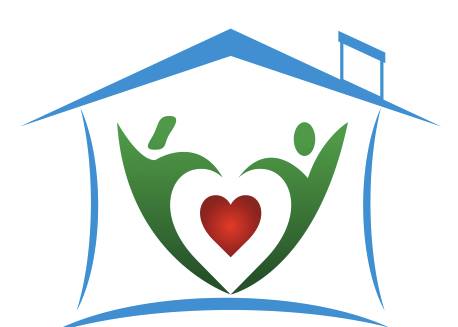“Mutual caring relationships require kindness and patience, tolerance, optimism, joy in other’s achievements, confidence in oneself, and the ability to give without undue thought of gain.”
Fred Rogers
“Patience and kindness were always called for…”
Flannery O’Connor
In today’s world, it often feels like patience and kindness are in short supply. Yet, in the small but populous country of Singapore, there is a National Kindness Movement which aims to encourage kindness and graciousness in Singaporean society. We desperately need more kindness and patience in our lives, our society, and our relationships. The benefits of patience and kindness are tremendous: they are good for the body, the mind, and our relationships.
Living with patience and kindness helps us to live healthier and longer. Research shows that patience and kindness increase self-esteem, empathy, and compassion, and improve mood. They decrease blood pressure and cortisol, the stress hormone.
Physiologically, patience and kindness change your brain. Living with patience and kindness boosts your serotonin and dopamine (feel good neurotransmitters) and lights up the pleasure and reward centers in the brain. They also release endorphins, our body’s natural pain killers.
Living with patience and kindness increases your connectivity with others and decreases the measure of loneliness that you feel. Patience and kindness can also be contagious: we can “catch them” from each other and they have a multiplying effect.
In our intimate relationships, patience and kindness can have powerful effects. Dr. John Gottman found that the Masters of Relationship–the couples who stay together and are relatively happy—have more positive to negative interactions and are far gentler and less negative even in the midst of conflict. When things are going well, the Masters of Relationship have ratios of positive to negative interactions as high as 20:1, and even in the midst of conflict they have ratios of 5:1, whereas the Disasters of Relationship—the couples that end up separated or divorced—have ratios of 0.8:1. Dr. Gottman also found that it is the “small things done often” (i.e. the daily acts of kindness and patience), not the grand gestures, that make the difference in relationships.
There are at least 7 benefits of living with kindness. One, it boosts your immune system. Two, it’s good for your heart: oxytocin is released, which expands blood vessels, which reduces blood pressure. Three, kindness reduces anxiety. Four, kindness helps you in your relationships and your relational networks. Five, kindness give you a sense of self-control. Six, kindness gives our brain a rest because we don’t live in anxiety and stress. Seven, all humans need kindness.
Mayo Clinic has piloted a program of Loving-Kindness Meditation (LKM). What they found is that those who practiced LKM an hour a week felt more positive emotions while interacting with others. They also found that it reduces pain and tension from migraines and it reduces depression. One study found that a 10-minute session of LKM increased feelings of social connection and positive feelings towards others.
We can choose to be kinder to ourselves and others. We can extend ourselves grace and release negative self-talk. We can choose to act kindly daily and focus on being grateful. Remember, patience and kindness can be contagious, so let’s start a pandemic of patience and kindness.
© 2025 Michael Brown, MSC, LMFT, dba Happy Couples Healthy Communities
